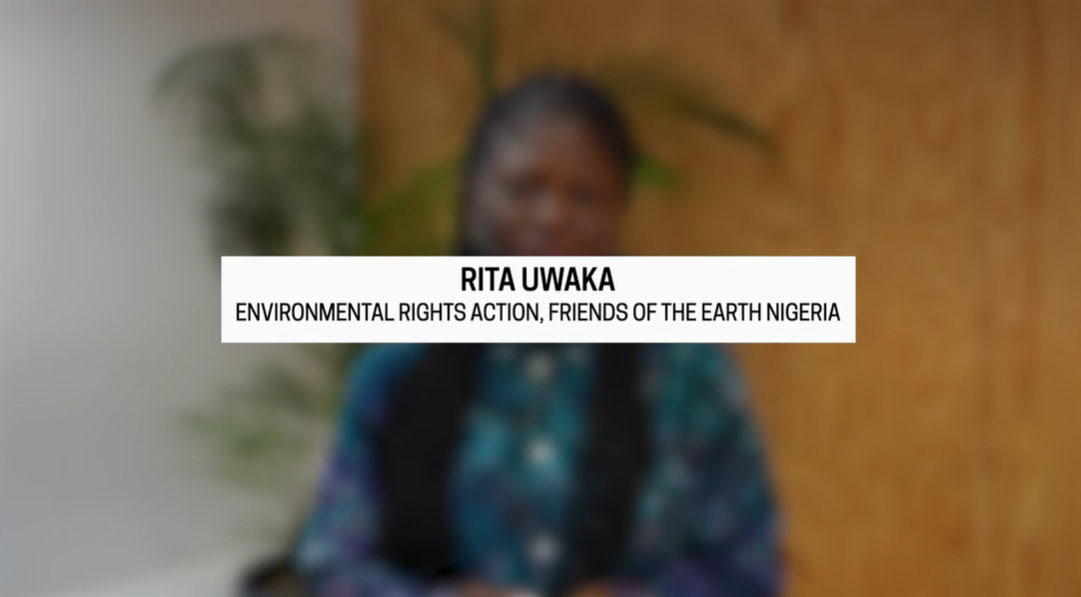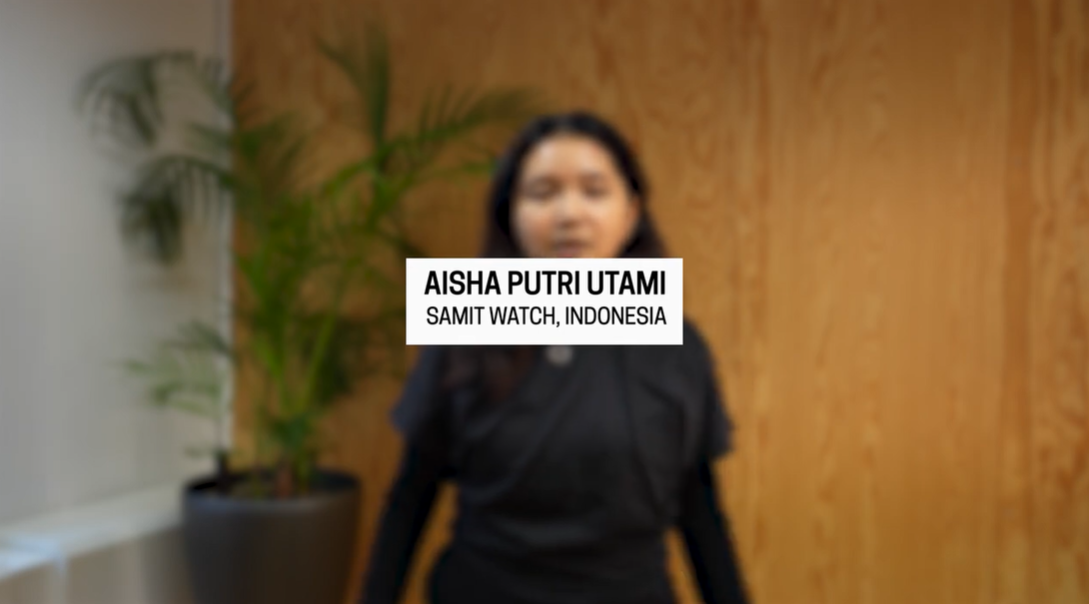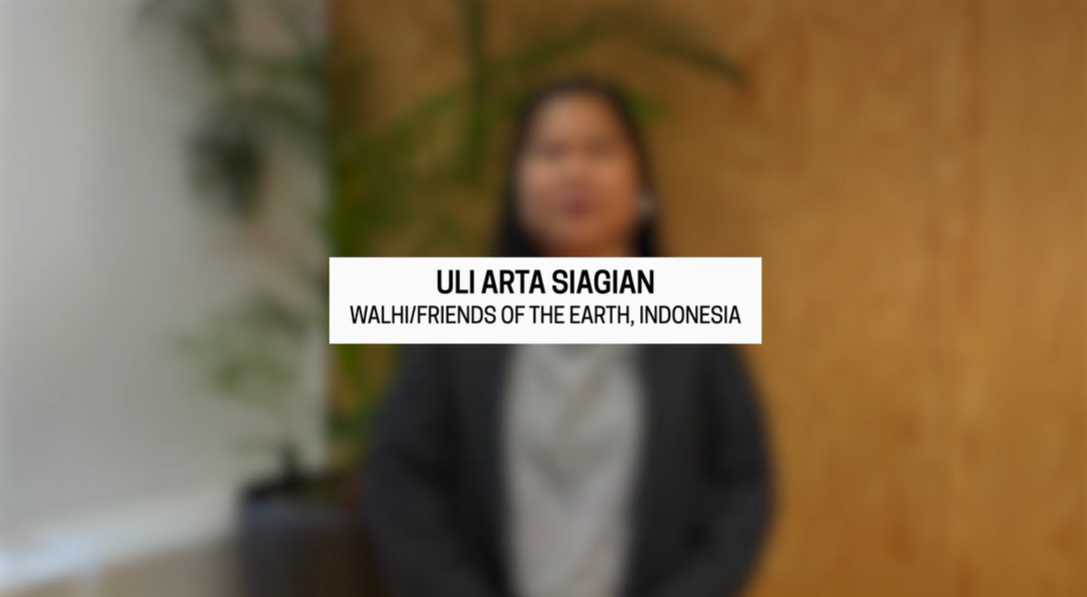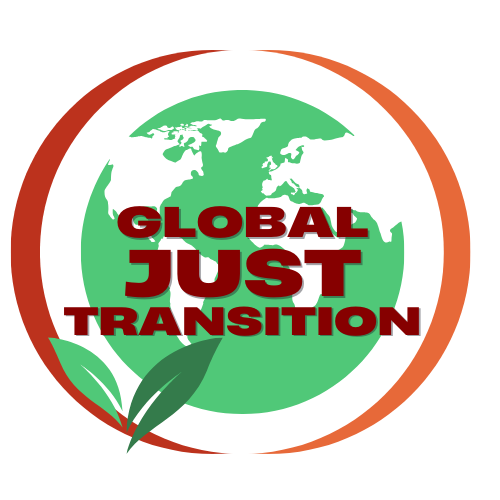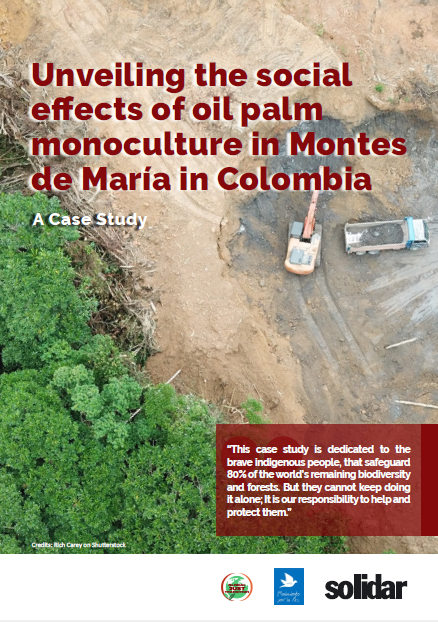Unseen realities of Palm Oil: Why Social Justice must start with workers
On this World Day of Social Justice, SOLIDAR joins the ILO in reaffirming its commitment to social justice as a cornerstone for building fair, equitable, and resilient societies rooted in equality, fairness, and lasting peace.
European industrial model and consumption patterns rely heavily on goods whose production is not sustainable for the workers – due to the very poor working conditions, nor for the environment – due to pollution, land grabbing and the use of toxic substances. This blatantly contradicts the EU’s commitments to the 2030 Agenda for Sustainable Development and the Paris Agreement.
Unfortunately, for too many workers in the Global South, the promise of sustainable development is overshadowed by exploitation, hazardous working conditions, and environmental destruction. Nowhere is this contradiction more evident than in the palm oil industry, where workers in Indonesia and Africa endure low wages, precarious employment, and exposure to toxic chemicals—all to supply a product deeply embedded in global supply chains.
Sukristiana from Serikat Pekerja Sawit (SEPASI) in Indonesia reports on the poor working conditions of women workers on palm oil plantations who come together to demand their legal rights, such as maternity leave. One of their key demands: workers must have the freedom of association, so they can unite and support each other.
In fact, in the 21st century, the palm oil industry is still characterised by serious ecological and social problems. Large-scale plantations often rely on the exploitation of precarious, low-paid workers and lead to the devastation of vital forests and water resources. Nevertheless, palm oil consumption in the EU amounted to approximately 5.1 million metric tons in 2022, making the EU the third largest market in internationally traded palm oil, and the fourth largest in terms of consumption.
Rita from the Environmental Rights Action/Friends of the Earth Nigeria reminds that deforestation is one of the major contributors to biodiversity loss. Her work includes making public and emphasising the historical violations on human rights and land rights across Africa, caused by the operations of multinational corporations with the aim to stop their expansion. Her organisation also works to promote people’s sovereignty over land and protect the life and rights of indigenous peoples and local communities who depend on land, forest and water for their survival.
Today, on the World Day of Social Justice, we want to raise awareness of the problems that palm oil industry workers face, but also the solutions that they are working towards to achieve a Just Transition in the palm oil sector.
Learning from the Just Transition initiatives developed by trade unions and the wider labour movement in response to the climate emergency, a new coalition for Just Transition in the palm oil industry is emerging, bringing together labour, land rights and environmental justice activists to create a vision of a transformative strategy towards a different kind of palm oil production – one which is both socially and ecologically just and sustainable.
Aisha from Sawit Watch in Indonesia shares the vision of the movement for just transition in the palm oil industry, promoting an alternative palm oil production that prioritises socio-ecological justice. In its work, Sawit Watch emphasises the importance to organise movements, alliance building and solidarity within the supply chain internationally and across the communities to express their demands and put pressure on the industry.
In December 2024, a delegation of Indonesian and Malaysian trade unionists and environmental activists from Nigeria and Liberia came to Brussels to meet European institutions, share their experiences and present insights and perspectives from their ongoing work to develop a Just Transition approach in the palm oil sector and build bridges for international collaboration on the issue.
Uli from WALHI – Friends of the Earth Indonesia is worried about the massive impact of palm oil monoculture plantation in Indonesia which has been proven to create environmental destruction, land grabbing and human rights violations. In addition, it has greatly contributed to the climate crisis. WALHI in Indonesia want to emphasise the need for stronger regulations to protect human rights, the environment and nature. They see the European Union Deforestation Regulation (EUDR) as one of the policies that can be used to reduce corporate violations and ensure that it restores community lands.
The conditions faced by palm oil workers is a stark example of why we need to take action: the EU should keep leading the decarbonisation of its economy and ensure policy coherence through the full implementation of those policy files that have a direct impact on partner countries, such as the EU Deforestation Regulation and the Corporate Sustainability Due Diligence Directive. At the same time, as a major development aid actor, the EU is very well placed to support partner countries in their path to sustainability. A Global Just Transition would mean ensuring that workers and communities are not left behind, and holding EU companies accountable for their climate, social and environmental impacts throughout their global supply chains.
Samwar from the Green Advocates International in Liberia talks about his experience working against multinational companies in Liberia operating in palm oil and rubber plantations. To maximise their profits, they force people from their indigenous land forcefully, plant palm oil or rubber and abandon the communities without meeting any corporate social responsibilities, leaving behind communities deprived of their indigenous lands and without any means to farm or make living in other ways.
At SOLIDAR, we strive to advance social justice through a socially just green transition in Europe and beyond, putting people and the planet at the core of the political agenda. This can be obtained only through a systemic change, that will allow us to rethink and restructure our ways of production and consumption, to ensure that economic progress does not come at the expense of workers’ rights, environmental protection, or social equity.
Social justice must move from aspiration to implementation and action, becoming the driving force that shapes European policies and drives transformative change on national, regional, and global levels.



